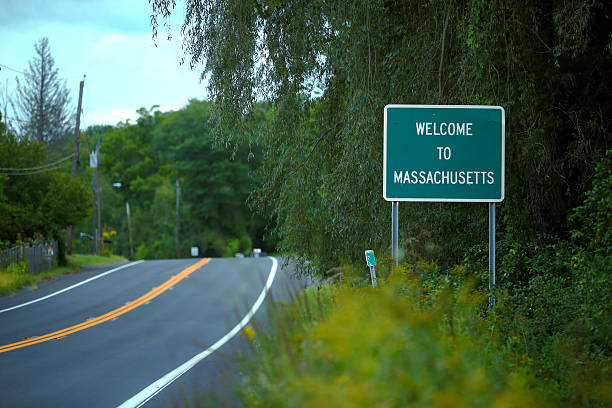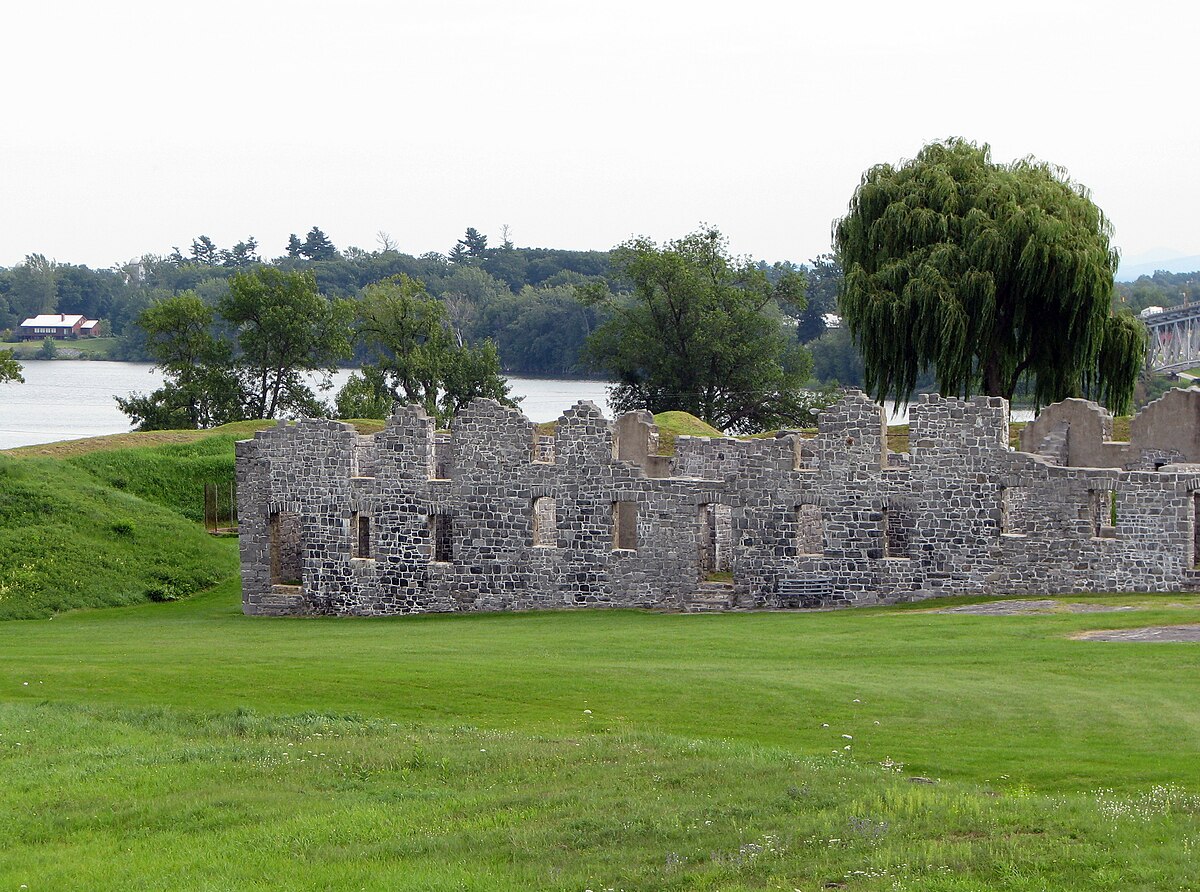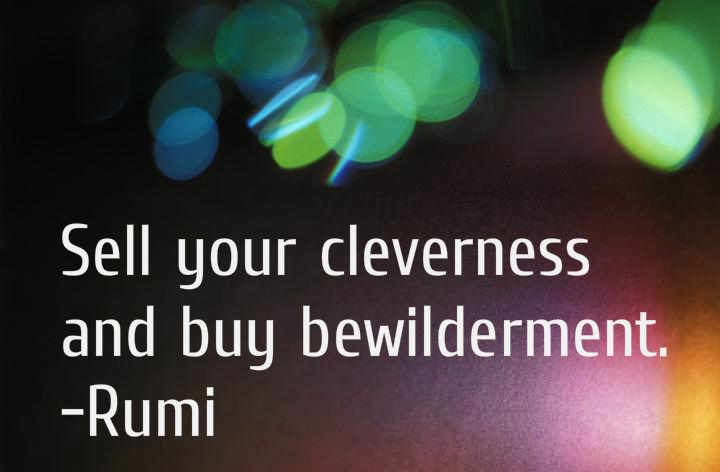July 1 marked the official end of my semester of leave. It is summer now, of course, so fortunately my return to my UNI work life will be gradual -- I need to go in to the graduate office one a week or so, but things won't get busier until August. And I still have one week-long writing workshop left this month!
I admit that I am struggling deeply with how little I want to go back, and how stressful the fall semester will be -- not so much the teaching part, but some big things related to the graduate program that got set in motion while I was gone I will need to attend to quickly, and the fact that (after much struggle and reluctance) I agreed to write the chapter on "Dissent" for a Cambridge UP volume, New Histories of Puritan American Literature, that colleagues are doing, and a draft of that is due by December 1. Going back to academic writing is going to be dreadfully distasteful, and this in particular involves a kind of general writing I have never done before (and know well is not my strong suit), plus refamiliarizing myself with both primary and secondary texts I haven't looked at for years. I am truly not sure whether I want to continue with any academic writing after this, though, so I am looking at it as a chance to spend conscious time with my feelings about such work, and to write a worthy "swan song" if in fact I don't continue.
I don't know how to describe how important and transformative the past six months have been for me. Or I could describe it, but it would involve writing at length, and what I have gone through feels personal and sacred and still tenderly new in ways that make me not want to spell it all out in detail. Anyone who has read this blog has a sense of it. My project idea fell apart (as a longer-form project), but it uncovered so much about what I do want to write about, and brought so many key pieces of my early adult past back with tremendous vividness. Poetry came back, of course, which matters even more. Something I had been intensely emotionally attached (addicted?) to collapsed and underneath that I found new ways of being, more vital and sustaining. Writing, yes, but I also realized I needed to re-embrace some kind of a spiritual life, although one that didn't force me to believe things I don't actually believe (the wonderful "Writing as a Spiritual Practice" workshop back in March with Lori Erickson, and the timing of it, had a big influence on that). In the time following I have discovered mindfulness and started a serious meditation practice, including doing one shorter and now another fuller online training. And I've been in therapy which has deepened and related to all of this as well. The work I discovered of meditation teacher and psychotherapist Tara Brach has also had a huge impact on me. And in all of this I have gained (or perhaps rather, regained and reacknowledged) so much clearer a sense than I have had for decades of who I am and what I am on earth to do.
I have to go back to work in the outward sense in August. But that is not the end of this journey I've been on, only a different way of being with it, for now at least. In no way can I possibly let myself go back to whatever my life was like before. I'm still figuring out what the concrete changes ahead will be. But there is nothing I care about more than ensuring the journey continues.
So strange, the way everything is terrible in the world -- and I am still overwhelmed by fear and paralysis at times -- and yet in this same period I am experiencing the unspeakable joy of recovering my voice, my sense of calling, my connection to presence, and so much. It is the strangest balance -- or not balance always, but coexistence.
I can tell that my renewed ability to write poetry and the sense of presence in meditation are deeply connected -- as I think they always were for me, when I look back to who I was and what I wrote when I was in college and (it seems in retrospect) living most authentically. That was the form of my Zen-influenced spiritual life before I shaped it into Quakerism for reasons I could delve into another time (and which I would have some trouble going back to, also a longish story, although obviously I like to write about it). This is quite clear in some of the poems I've written, and in the one I just wrote that is below.
Last week I attended the David R. Collins Writers' Conference at St. Ambrose University in Davenport, IA, in order to participate in a workshop with Lauren Haldeman over three days called "Mixology: Fresh Poetry from Source Material" -- it was great and gave me a lot of ideas and strategies I want to experiment more with in the next months, including as a means to bring my love of 17th-century texts into my writing more fully, and further integrate my academic and poetic worlds. This poem doesn't really follow what we were supposed to do in the particular exercise it originated from (a combination of "found text" and "field research" on the campus) but it grows from the core image that came to me then from seeing this quilt and the accompanying text. Anyway, that's the outer origin point -- the inner origin is everything I've been talking about above.

Quilt on display (with others) at the Rogalski Center, St. Ambrose University.



























